 Southern Center of Environmental Management
Southern Center of Environmental Management
Main jurisdiction includes the seven counties and cities of Tainan City, Kaohsiung City, Chiayi County, Chiayi City, Pingtung County, Taitung County, and Penghu County, protecting and managing the environment.
The center is responsible for handling "major cross-regional and national environmental crime cases" and "cross-county and city division of labor," efforts focus on deepening the alliance between prosecutors, police, and environmental protection agencies, combining interdisciplinary expertise and utilizing technological tools to aid investigations. The approach provides support for addressing individual environmental pollution cases within the jurisdiction and collaborates with other counties and cities to handle cross-regional environmental pollution incidents. Meanwhile, a pollution reporting and communication platform has been established to enhance cooperation and information exchange, effectively combating environmental crimes and the illegal disposal of waste.
The Southern Center places much importance on air pollution issues and monitoring severely polluted river segments. AI technology is employed for law enforcement, optimizing manpower allocation and formulating action directives to comply with environmental protection regulations. Real-time pollution information monitoring systems are also established for inter-agency coordination to handle subsequent improvement needs, review issues, and consolidate information. By utilizing technological tools, works such as environmental monitoring and pollution source control are reinforced. Digital monitoring technology is used for in-depth inspections of water pollution in high-risk areas, and technological law enforcement is deployed in air pollution hotspots to enhance business environmental protection implementation efficiency. Through cloud-based big data analysis, abnormal pollution information for hotspots is quickly identified, allowing for preventive measures to limit potential pollution impact areas.
Additionally, the center also reinforces permit review and inspection processes, cross-checking permits and reporting data for precise inspection, assisting businesses in complying with regulations and permit requirements. The center regularly hosts meetings with local environmental protection agencies and provides feedback on deficiencies and violations in permit documents to enhance review quality and inspection techniques. Irregular pollution treatment techniques and experience exchange meetings are held to enhance pollution improvement performance.
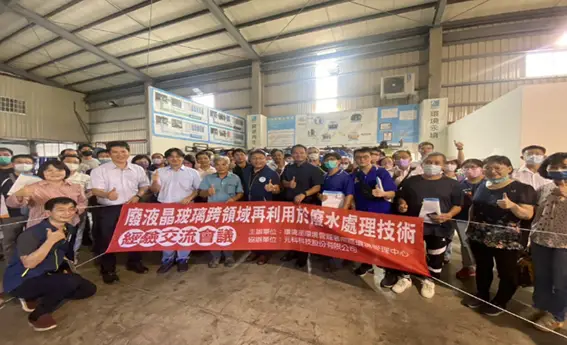
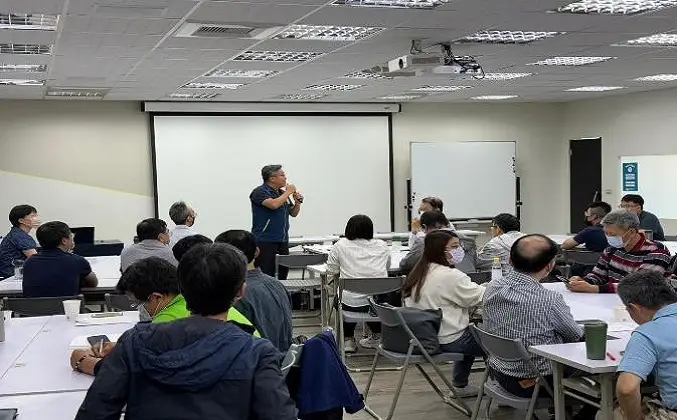
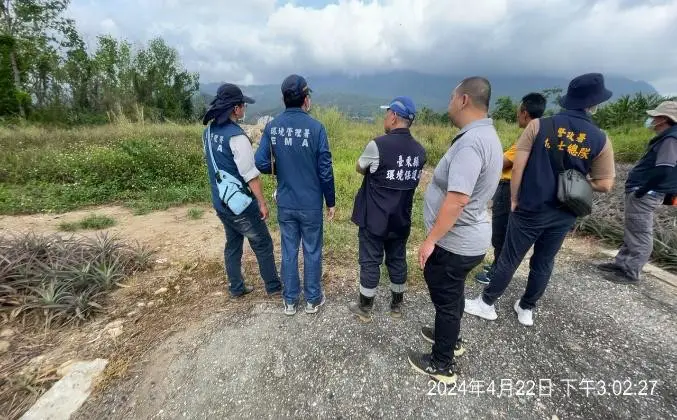
The center is responsible for dengue fever prevention in the southern region, inspection and management of existing registered public restrooms, and review, disbursement, supervision, and inspection of local government applications for public restroom repair and construction subsidies.
In terms of public restroom management, guidance is provided to county and city environmental protection agencies regarding the management of registered public restrooms, including environmental sanitation and maintenance, ensuring that all restrooms achieve top-tier standards. Additionally, local governments are encouraged to actively implement the public restroom construction subsidy plan under the "Quality Environment Promotion Program," ensuring that all subsidized public restroom construction or renovation projects are completed on schedule and meet quality standards, guaranteeing high-quality restroom facilities for the public.
The southern region is a high-risk area for dengue fever. The Southern Center strengthens oversight of local governments in implementing dengue fever prevention measures including intensified inspection, disinfection, and elimination of breeding sources in high-risk areas such as vacant houses, empty lots, construction sites, idle markets, schools, and parks to prevent domestic cases. For imported cases, strict monitoring is enforced to prevent secondary transmission.
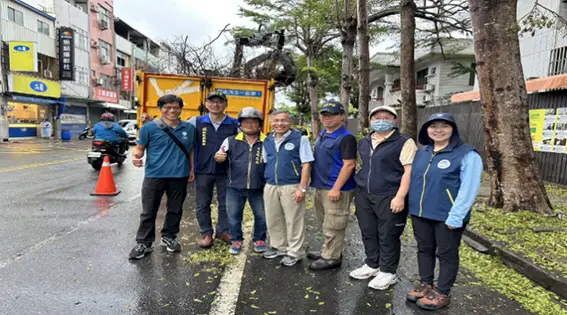
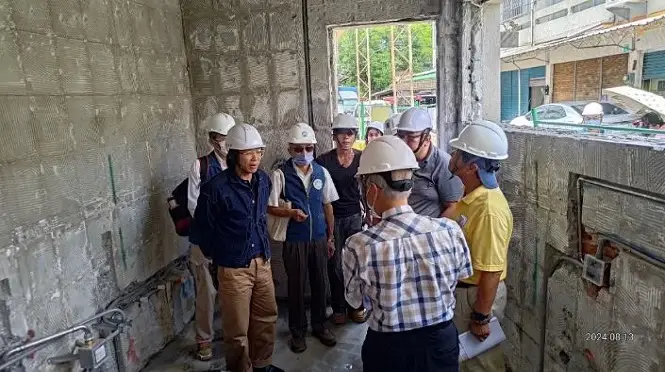
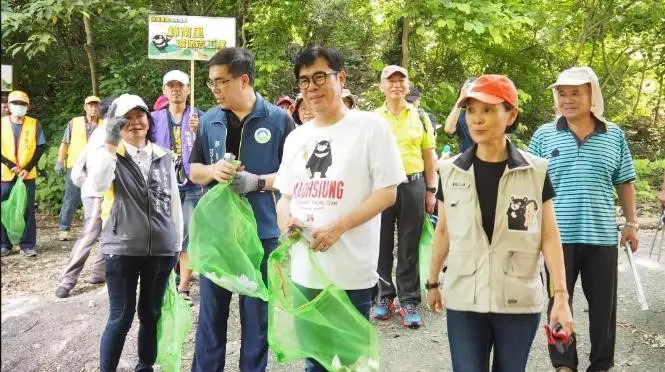
The Southern Center conducts comprehensive operational inspections of waste treatment facilities in southern Taiwan through regulatory and practical approaches. In collaboration with local government environmental protection bureaus, it verifies the types and weights of waste entering and leaving each landfill, the frequency of groundwater well monitoring, and the compliance of impermeable liners. Additionally, local firefighting experts and landfill scholars are invited to each landfill to hold "Landfill Disaster Prevention and Management Advisory Meetings," gathering professional opinions from all sectors. These insights help landfill operators improve their practices and work with local authorities toward the goal of "zero landfill damage."
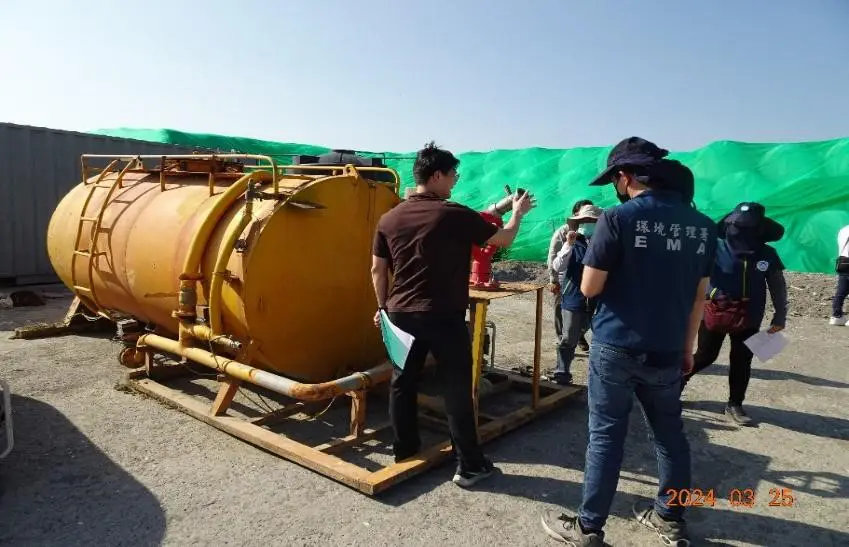
The center is responsible for emergency response to environmental incidents within the region, assisting with on-site disaster assessments and coordination to ensure swift and effective measures. The center also establishes emergency measures and compiles response results. Additionally, it oversees and supervises public nuisance pollution appeal cases within the jurisdiction to ensure each case is properly addressed, safeguarding residents' living environments.
Aside from guiding and assisting local governments in implementing natural disaster prevention, preparedness, response, and environmental recovery efforts within the region, as well as responding to and tracking regional environmental pollution incidents to mitigate environmental hazards, the center also cleans coastal waste, removes disaster-area debris, and restores community cleanliness.
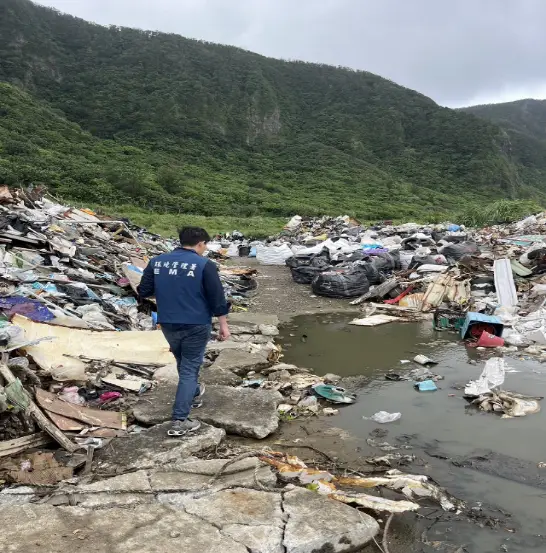
- Data Source: Southern Center of Environmental Management
- Publish Date: 2024-08-27
- Update Date: 2025-12-01








